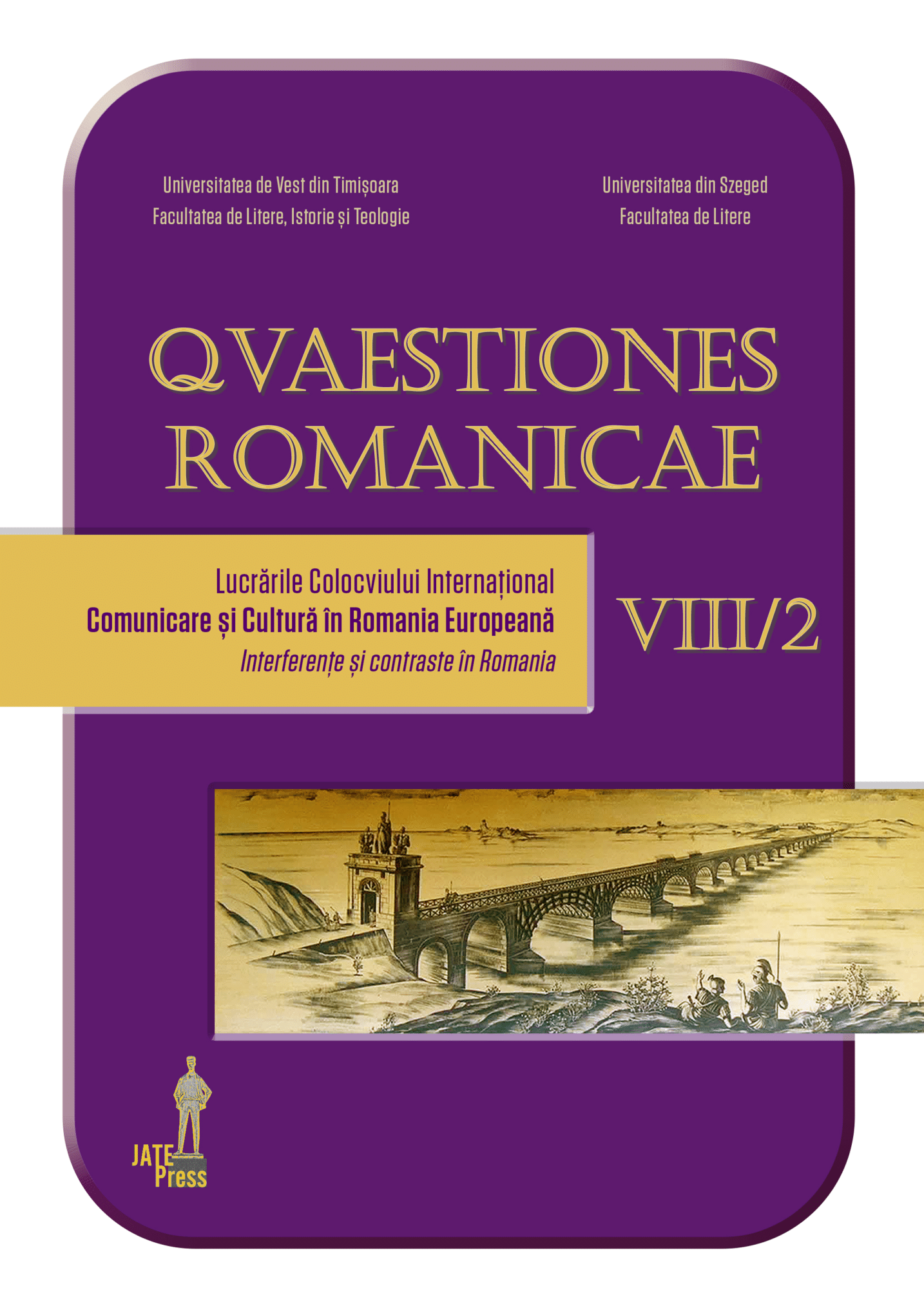Rolul bibliotecilor în tranziția către open access (OA): tendințe europene
The Role of Libraries in the Transition to Open Access (OA): European Trends
Author(s): Ivona OlariuSubject(s): Cataloguing, Library operations and management, Electronic information storage and retrieval
Published by: Universitatea de Vest din Timişoara
Keywords: open science;open access;academic libraries;bibliometric databases;article processing charge;
Summary/Abstract: Starting from the premise that open science (OS) represents a great opportunity for libraries through the activities it involves, the paper highlights OS implications on the new informational environment. The OS initiatives emphasizing the level of development and implementation reflected in the national OS plans from different European countries are showed. The OS activities and their sustainability are presented as an open access (OA) case study, the results being supported by data from Spain and UK. Although the conclusion is that the OA phenomenon comes with some costs, it is clear that scholarly publications in OA must be adequately supported, promoted and funded. In the second part of the paper we analyze the OA phenomenon in Romania as it is reflected in the bibliometric databases (Web of Science and Scopus) and in Directory of Open Access Journals (DOAJ). Towards the end, the paper tries to establish the role of libraries in the framework of OS, OA, OD (open data) by answering two questions: Why were libraries sustainable in the past? and Will libraries be maintainable in the future? The first step in redesigning the role of academic libraries is to determine the new tasks they have to fulfill. While doing so, library professionals should not forget that their role is not to save the library; rather, it should be about providing those products and services that help users perform their tasks faster and more easily. The libraries must deliver value, so they must find those activities that cannot be done by others or which they can do more efficiently than others. Identifying them is the very reason to exist in the future.
Journal: Quaestiones Romanicae
- Issue Year: VIII/2020
- Issue No: 2
- Page Range: 325-342
- Page Count: 18
- Language: Romanian

